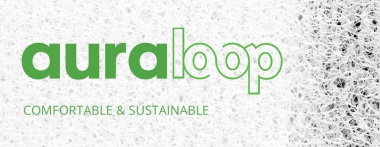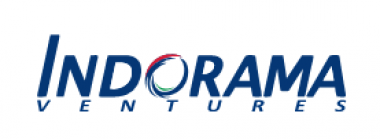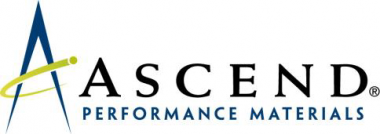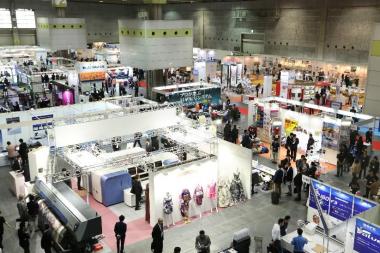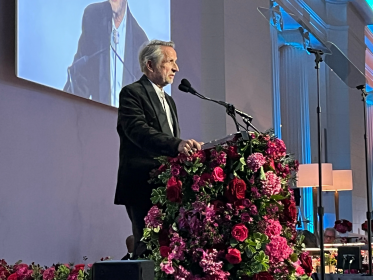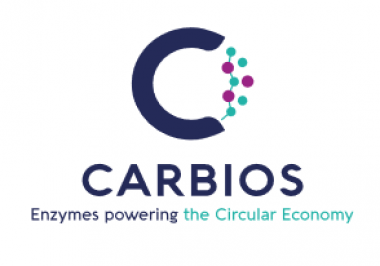Indorama Ventures and Faurecia: New range of cushioning solutions for automotives
- Auraloop is a brand-new range of cushioning solutions made from an innovative structure of Polyester-based fibers, 100% recyclable, aimed at the mobility markets
- One of the objectives of Auraloop is a twofold reduction in the carbon footprint of car seat pads, currently made from polyurethane foam
- Auraloop offers an increased level of performance in terms of thermal comfort and durability
R&D teams within the Faurecia seating activity have recently penned an exclusive development agreement with Indorama Ventures. This partnership between Indorama Ventures and Faurecia, a company of FORVIA Group which is one of the largest automotive industry suppliers, has the aim of developing Auraloop, a new range of cushioning solutions for the mobility markets and intended to replace polyurethane foam currently used in car seats.
“By setting out these initial milestones in our close-knit collaboration with Faurecia, this partnership is an integral part of Indorama Ventures’ commitment to expand its existing Polyester (PET)-based portfolio and related activities into wider areas. By bringing together two leading players in the automotive industry, we aim to open up further growth opportunities for both partners”, stated Arnaud Closson, Chief Executive Officer at Indorama Ventures’ Mobility Group / Fibers Segment.
“Auraloop will replace those materials currently used in car seating with innovative and sustainable materials, based on polyester fibers that offer a total recyclability of 100%. This new material will allow for a twofold reduction in the carbon footprint of car seat pad solutions compared to current materials”, explains Nicolas Michot, Director of Technology at Faurecia Seating. Development of this product, which paves the way towards wider commercial release in two or three years, falls within the FORVIA Group strategy of going carbon neutral by 2045. For this, the group is seeking to root its commercial offer fully in the circular economy, with the development and production of sustainable cutting-edge materials under the banner of MATERI’ACT.
Auraloop offers a range of new perspectives in terms of seating comfort thanks to a more open fiber structure and permeability for air than current seating pad solutions, the breathability of seating is improved, enabling a better passive thermal regulation of occupants. The durability of seating is also increased by limited subsidence of the seat over its lifetime. The market for comfort aboard vehicles is constantly growing. The development of Auraloop falls within this dynamic, with a product offering significantly improved performances in terms of static, dynamic and welcoming comfort.
Indorama Ventures Public Company Limited Faurecia automotive seating automotive textiles
Indorama Ventures Public Company Limited


